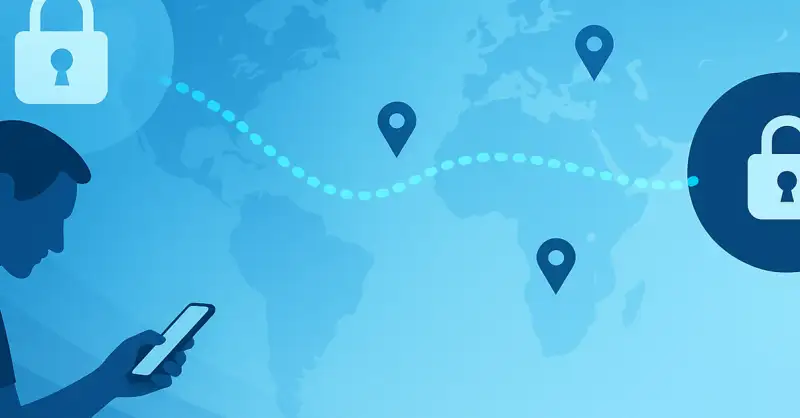VPN (Virtual Private Network) — is a technology that creates an encrypted connection between your device and the internet, hiding your real IP address and ensuring data security during transmission.
Why do you need a VPN?
1. Data protection: When using public Wi-Fi networks (e.g., in cafes or airports), a VPN encrypts your traffic, preventing interception and data theft.
2. Anonymity and privacy: A VPN hides your real IP and location, keeping you anonymous online. Useful if you don’t want your activity tracked.
3. Bypass blocks and censorship: VPN allows access to geo-blocked or censored sites and services — like Netflix libraries available only in other countries.
4. Work security: Businesses use VPNs to provide secure access to corporate networks for remote employees — protecting sensitive data.
How to use a VPN?
1. Connect: Install a VPN app or configure it manually. It’s usually simple and doesn’t require technical skills.
2. Select a server: Choose a server in another region or country — your traffic will be routed through it.
3. Encrypted connection: Once connected, all your internet traffic is encrypted — ensuring private and secure browsing.
Conclusion:
A VPN is a simple, effective tool to protect your data, boost privacy, and access restricted content safely.




